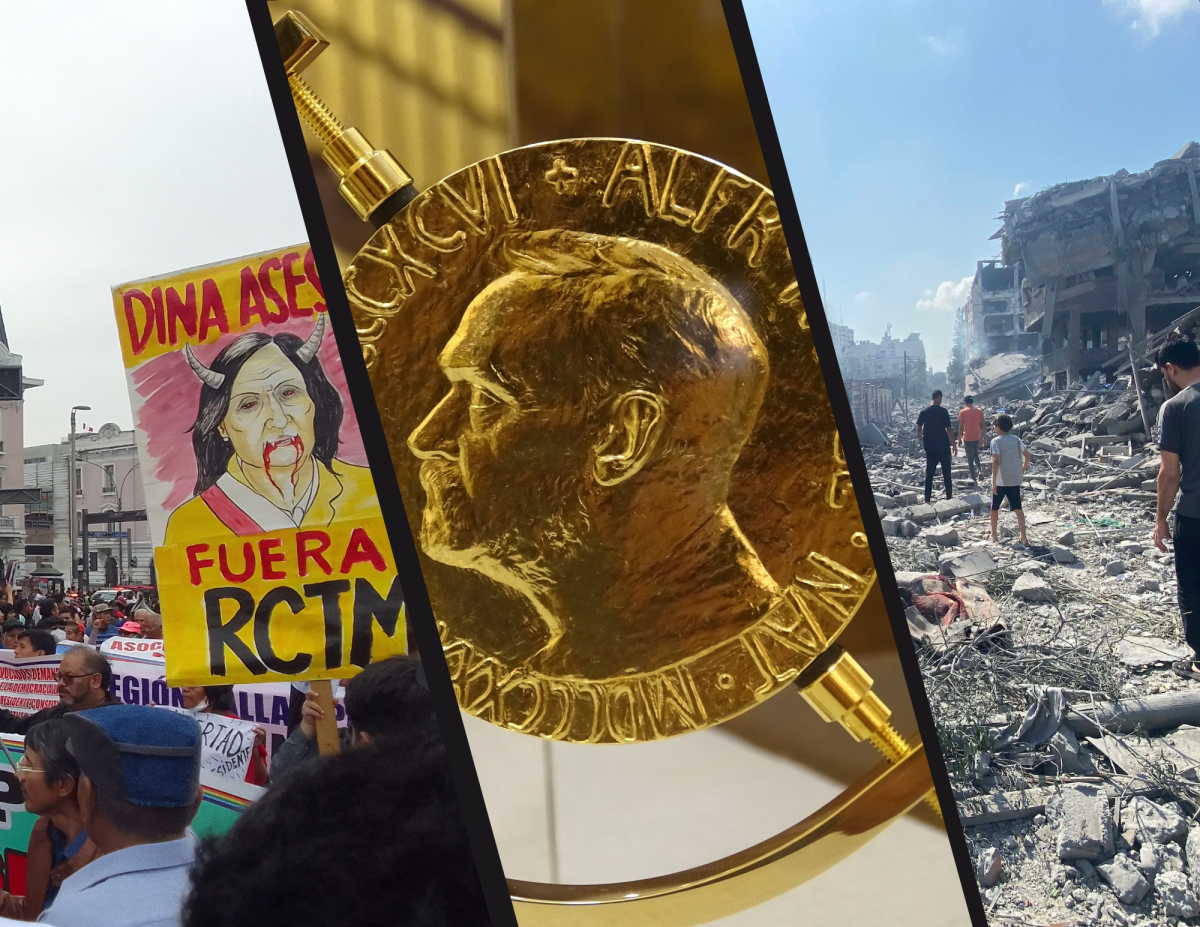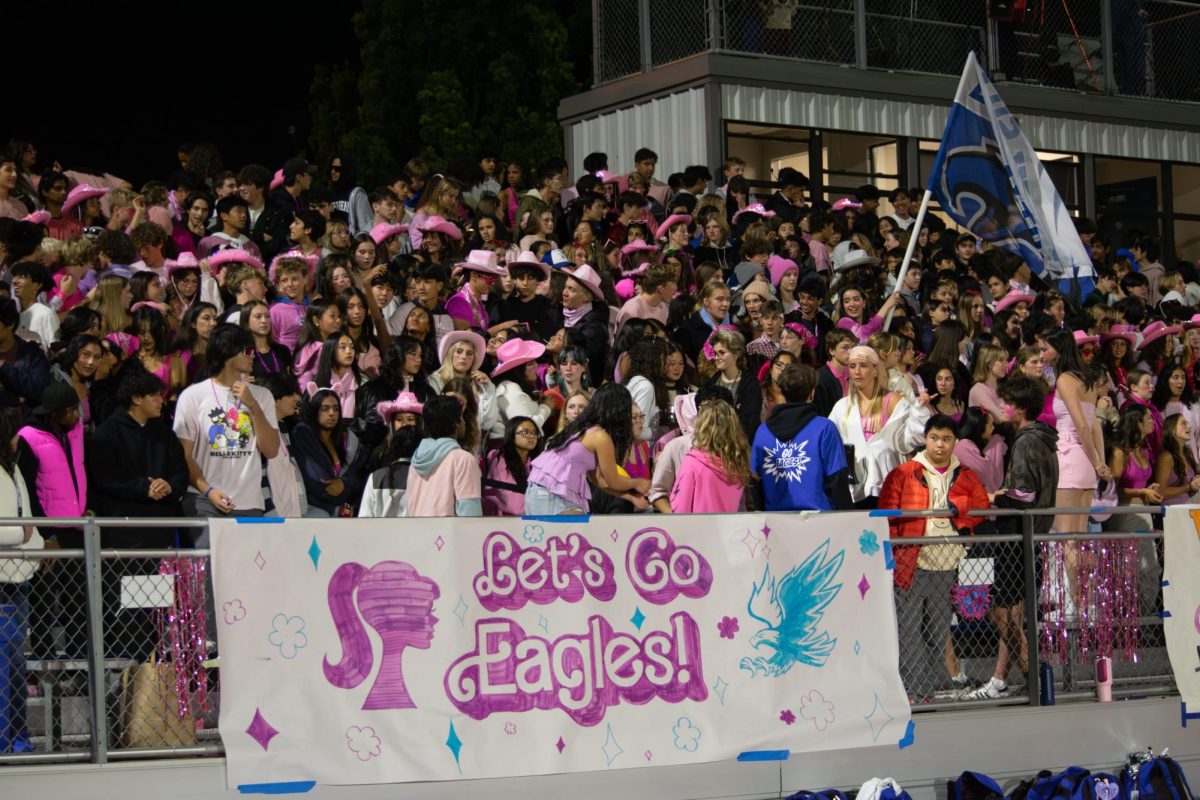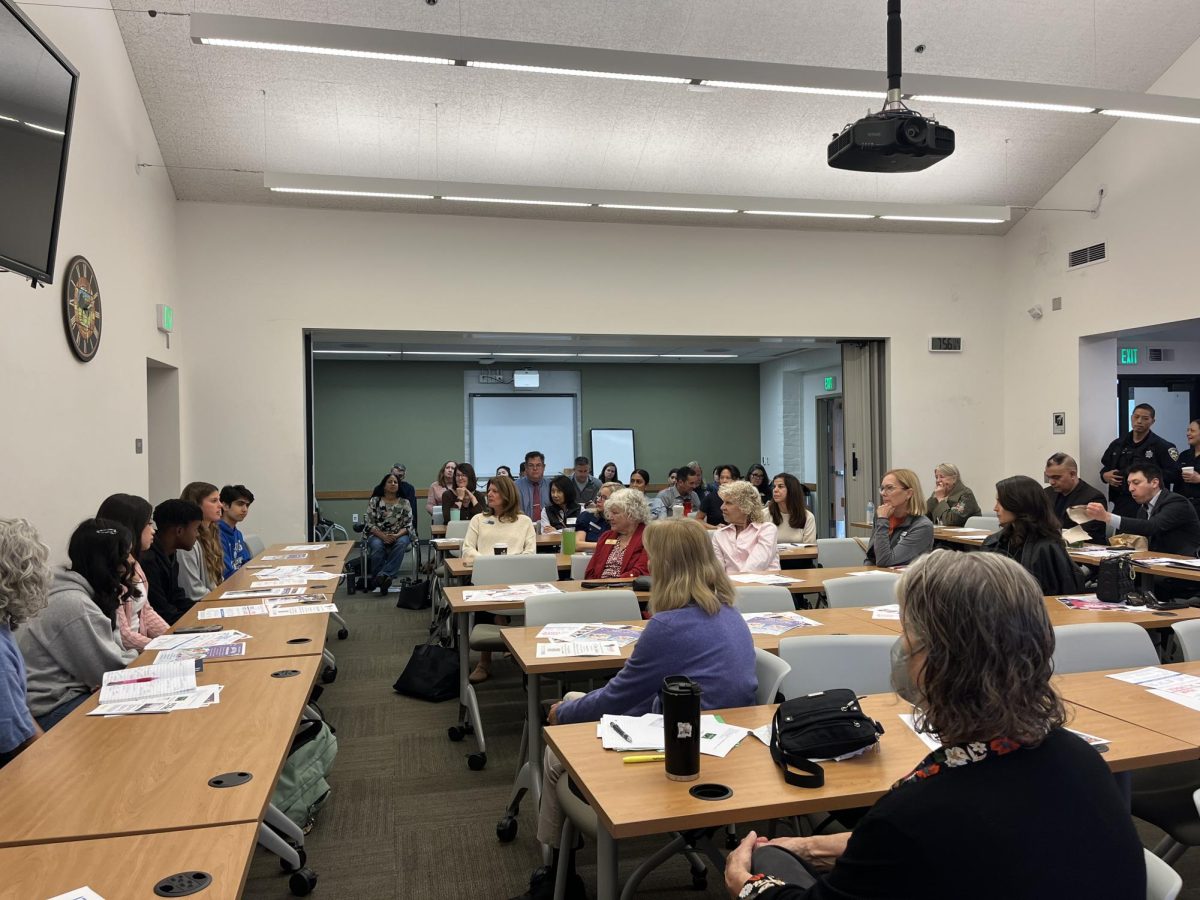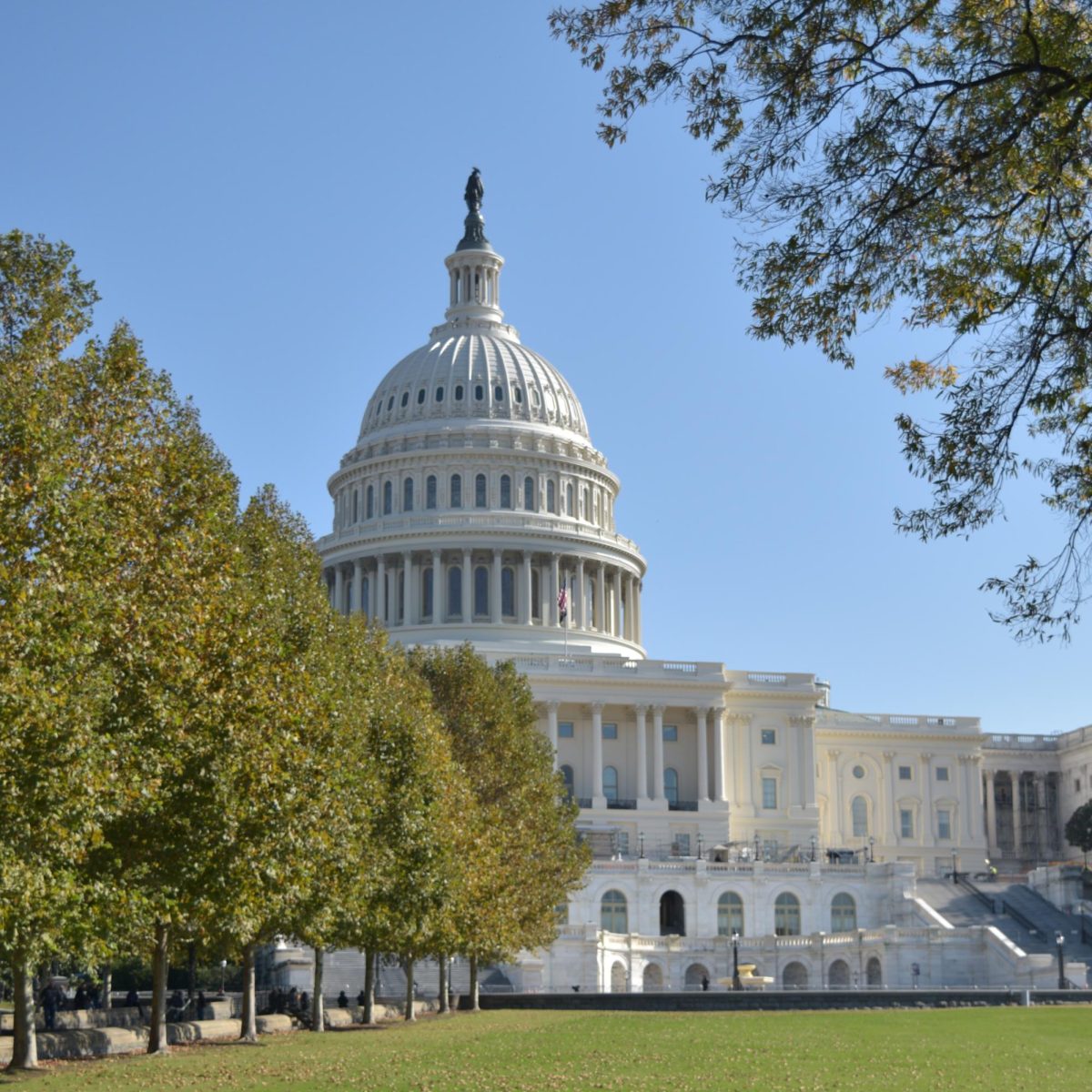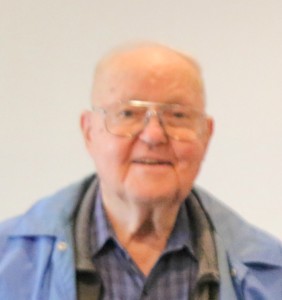
When most students graduate from college, they start looking for their first jobs, and if they’re lucky they have many choices. However, if you happened to be part of the Class of 1941, it was likely that your decision was made for you.
“Here we are getting out of college, and everything’s war,” Ron Fredlund, who was a Staff Sergeant and Tech Sergeant in the Army Air Corps, said. “I was glad I could get into the finance department because I had majored in accounting in college, and I was able to do something I had some capability in.”
Fredlund moved from location to location at first, working in Washington, Texas, and Salt Lake City, Utah. Then he was sent west of Salt Lake City to a “miserable area” on the desert salt flats called Wendover.
“The war was progressing and we joined a group called the 509th Composite Group, which was a special group for this special mission,” Fredlund said.
It turned out that this “special mission” was one that most students are familiar with from their history classes. The 509th Composite Group was an Air Corps group training for the use of atomic bombs. As Fredlund was involved in finance, which involved payrolls and organizing expenses, he didn’t know exactly what the secret project was at first. Security was very tight, and Fredlund has a picture of a sign that was up in Wendover which read: “What you hear here/ What you see here/ When you leave here/ Let it stay here.”
“It was very secret,” Fredlund said. “We didn’t know it was an atomic bomb. We just heard that you don’t talk, you don’t ask questions, and you just do your job … Boy, they were tough on anybody who talked about what was going on, you know. You just didn’t open your mouth.”
During the time that Fredlund was working on this secret project, the European war was winding down. Around the time that the European war ended, in 1945, Fredlund and the 509th Composite Group left Wendover, Utah for Tinian, an island in the Marianas in the Pacific Ocean, in preparation for the use of the atomic bomb against Japan. He was to remain there until November of 1945, after the war was over. But at the time, Fredlund had no idea the war would be ending so soon.
“The European war had just ended in May of 1945, but Japan was still strong and was still fighting, and [the United States] expected to have to invade Japan,” Fredlund said.
The use of atomic bombs has been debated since that fateful year they were first used in Hiroshima and Nagasaki to end the war. Fredlund was indirectly responsible for the bombings. as he was the person who paid the people directly responsible. But while he understands why people might say that the bombings should never have happened, he maintains that at the time, it was the best option the U.S. had.
“We’ll never know what might have happened had we had to [invade Japan], but it would have been tremendous loss of life on both sides,” Fredlund said. “People have complained that we didn’t need to drop the atom bombs, that Japan was ready to surrender. Well, subsequent history shows that they were ready to fight and they would have had their kids, twelve, fifteen, years old, to be volunteer. So I think most of us feel that it was the right decision and it saved thousands of lives… It was a real sense of relief for all of us, those that were in the service and our families at home, that the war was finally over.”



